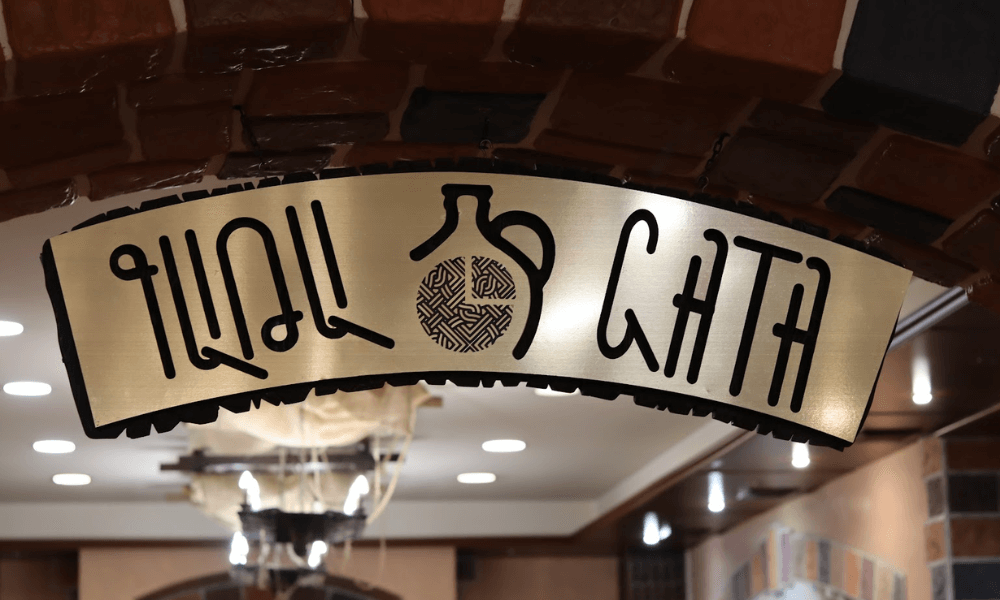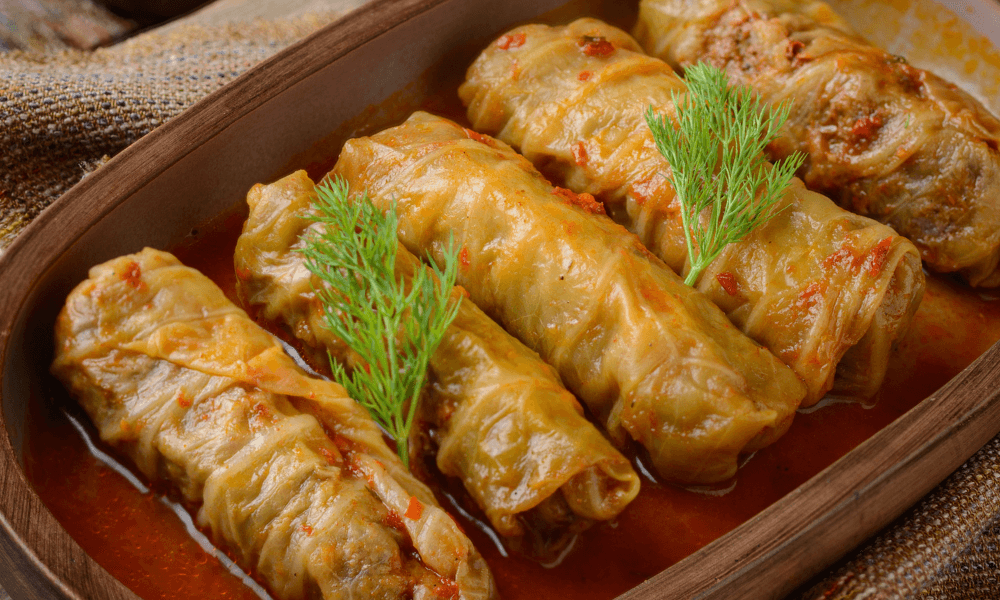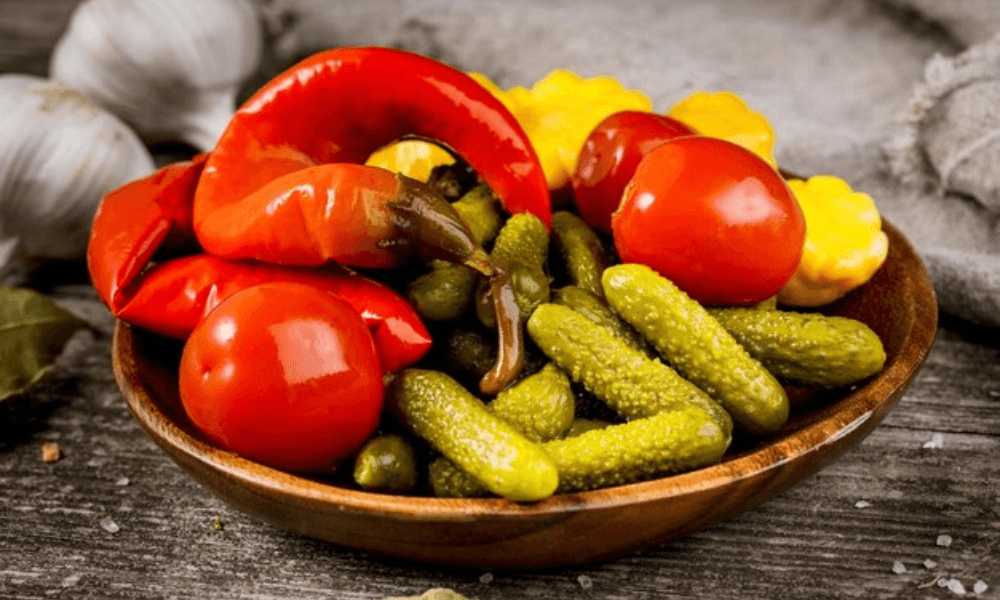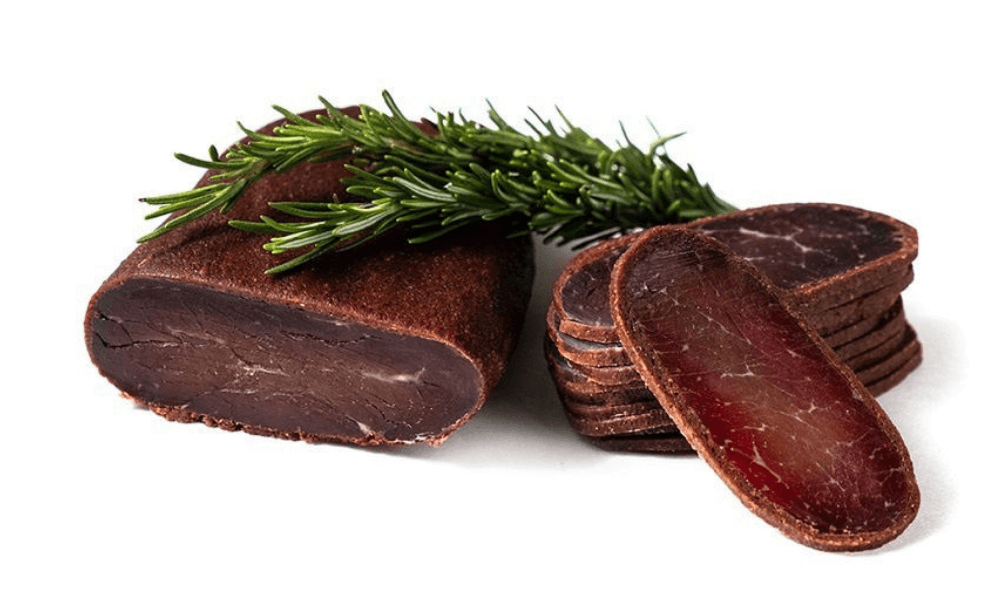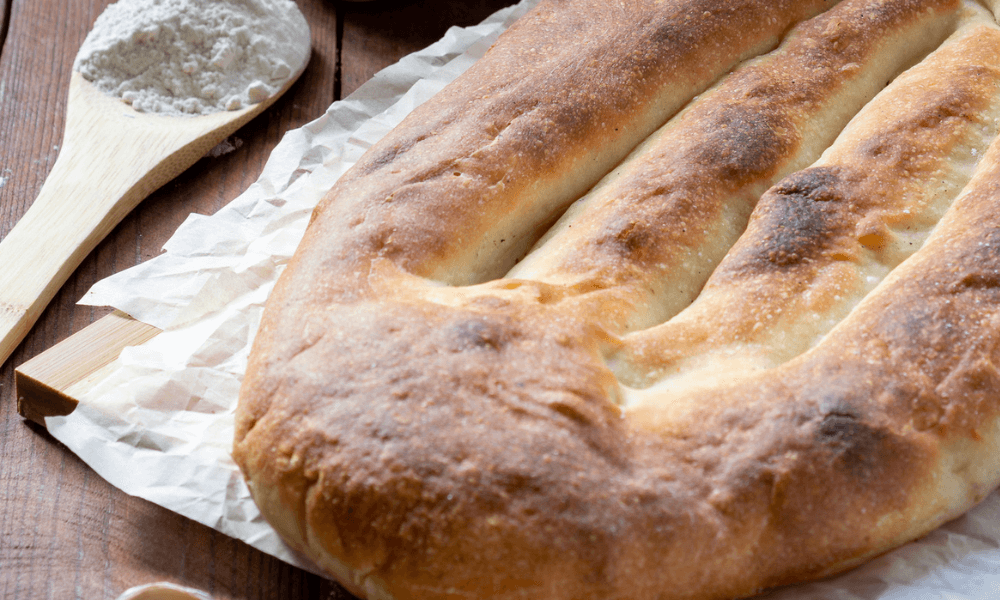
Exploring the Rich History of Armenian Breads
Armenian cuisine has a history woven with centuries of traditions, where bread occupies a sacred place on the table. In Armenian culture, bread is not just sustenance. it is a symbol of hospitality, unity and tradition. This post explores the cultural significance, traditional techniques, and variety of Armenian breads, offering readers a glimpse into Armenia’s rich culinary heritage.
Armenian cuisine is a feast of flavors and aromas that reflect the cultural and agricultural richness of the country. At the heart of Armenian cuisine is bread, the staple food that has been preserved by generations of Armenians played a key role in shaping their culinary identity.
In ancient Armenia, bread was of great importance. it was not only a source of energy, but also a symbol of development and abundance. The cultivation of wheat and the development of bread-making techniques were important to the rise of ancient Armenian civilization, paving the way for culinary traditions that persist to this day.
The types of traditional Armenian bread are as diverse as the regions from which they originate. each has its own unique characteristics and cultural significance. Lavash is a flat bread and perhaps the most iconic of Armenian breads, known for its thin, elastic texture and versatility in the kitchen. Marnakash, Hrazdan and many other breads with traditional recipes are also popular in Armenian cuisine.
Bread-making techniques in Armenia have evolved over the centuries, shaping cultural skills based on regional preferences and technological advances. Traditional tonir, heated with wood, gives a distinct smoky flavor to the breads baked in them, which is particularly popular with locals. Hand kneading, a skill passed down through generations, continues to be valued for the preservation of artisanal techniques and the role bakers play in their craft.
In Armenian culture, bread is more than just food. it is a symbol of hospitality, generosity and customs.
Common rituals that revolve around bread emphasize its importance in everyday life. Welcoming a guest with salt and bread proves the importance and superiority of bread as a means of expressing good will and purpose.
While globalization has brought new influences and ingredients to Armenian cuisine, efforts are being made to preserve traditional bread-making customs and recipes.
Maintaining traditional bread-making skills, including changing dietary habits, remain challenges. However, initiatives are underway to protect traditional recipes and techniques, supported by educational and awareness campaigns aimed at promoting the cultural significance of Armenian breads.
Thus, Armenian breads are a reflection of the country’s rich history, cultural diversity and culinary ingenuity. By appreciating and preserving these culinary traditions, we honor the resilience and creativity of the Armenian people, ensuring that future generations can continue to taste the rich flavors of Armenian bread-making heritage.
Tourists visiting Armenia often admire the taste and rich variety of Armenian bread. Many travelers like to try Armenian bread in local markets and bakeries, enjoying the taste and smell of Armenian. The Armenian custom of sharing bread is a unique feature of the national character. The aroma of fresh lavash baked in the tonir, the attractive appearance of the oven’s matnakash leave a lasting impression on visitors, forcing them to look for Armenian bread even after returning home.
Armenian diaspora often takes Armenian bread with them to their countries in order to extend the availability of the fine bread in their everyday life for a few days. For many diaspora communities, Armenian bread is a tangible connection with the homeland. As a result, Armenian bread has found a place on tables outside the borders of Armenia, becoming a cherished part of the culinary landscape of countries with an Armenian population.



